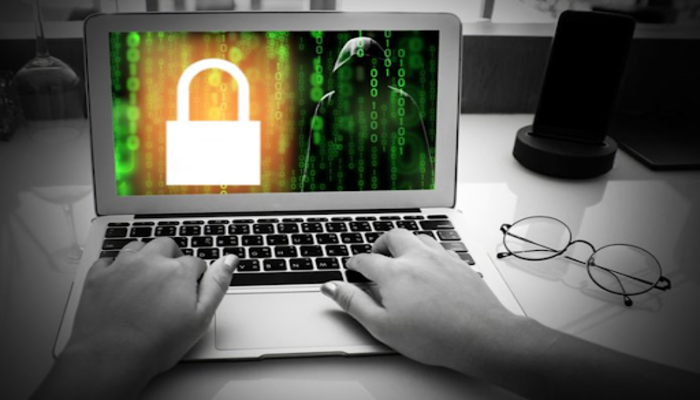A company’s employees are at the top vulnerable point against data breaches. Why? Because when companies rely on technology to manage and store confidential information, the danger of a breach can cause a huge loss. A mere human error can become significant. If you’re eager to know more about how employees are at a giant risk of data breaches, you’re in the right spot. We will discuss all employees being the weakest link in data security and what companies should do to remove these risks.
Top reasons why employees are at the most risk of a data breach
Let’s look at the primary reasons that cause corporate employees to be at risk of data infringement.
Poorly trained employees
First, staff members need to be made aware of the significance of data security and the potential repercussions of a breach. This is particularly true for those not in IT or security professions because they might not be familiar with the technical aspects of data protection.
For instance, an employee might not be aware that using weak passwords or opening a suspicious email attachment could put the entire company at risk. Employees are more prone to make mistakes that can result in data breaches without the proper education and training.
Clever tricks to scam
Phishing attempts, which try to deceive victims into disclosing sensitive information, frequently target employees. These attacks can take many states, such as emails that seem to be from a reliable source, phony technical assistance phone calls, or even fake job listings requesting personal information. Even the most security-conscious staff are sensitive to phishing attempts because such tricks are getting increasingly refined.
The problem with BYOD
Due to their usage of personal devices for work, employees are also in danger of data breaches. Bring Your Own Device (BYOD), an idea that enables employees to work from any location and on any device of their choice, has grown in popularity in recent years.
Nevertheless, using personal devices might potentially increase security threats because they could not be as secure as those owned by the corporation. For instance, a worker’s personal laptop could not have the most current antivirus software installed, leaving it more open to viruses.
Significant security measures to minimize data breaches
So, what can businesses do to reduce the danger of employee-caused data breaches? The first step is offering thorough training on the best data protection practices. Regular reminders about the value of creating secure passwords, staying away from dubious links and attachments, and wielding caution when disclosing sensitive information should be part of this.
Strong access controls and data governance regulations are other strategies to lower data breach risk. This entails ensuring that sensitive data is handled securely and that employees have access to the information required to perform their job duties. To prevent unwanted access to sensitive data, businesses should consider introducing two-factor authentication and encryption.
With the companies’ digital way of storing and transmitting data online, it is important to keep the data safe from potential breaches. The most effective way to protect it online is to use VPNs, which encrypt your online presence. How so? Here’s how:
VPNs as encrypting tools
VPNs encrypt all data transmissions between your device and the Internet. This eliminates the possibility of hackers or other unauthorized individuals intercepting and deciphering your data. Your data is scrambled via encryption, making it unintelligible without the right decryption key. By doing this, you can be sure that even if a hacker gets access to your data, they won’t be able to read or use it.
VPNs hide Internet presence
VPNs safeguard your privacy by hiding your IP address and online activities from your internet service provider (ISP) and other third-party services. Your IP address is a distinctive number connected to your internet connection that can be used to track your whereabouts and online activities. Your IP address is changed when you connect to a VPN server, helping to conceal your online activity from prying eyes.
VPNs protect against the public Internet
When using public Wi-Fi networks, VPNs can be handy. Often insecure, public Wi-Fi networks make it simple for hackers to eavesdrop on data flow. A VPN prevents hackers from intercepting and accessing your data since all data transmission is encrypted and routed over a secure connection.
VPNs bypass geo-restricted content
VPNs can also assist you in getting around censorship and geo-restrictions. Some websites and services like Hulu are exclusively accessible in specific areas or the USA only, while censorship by the government may prevent access to others. So if a user wants to watch Hulu in South Africa, VPN will help immensely. By connecting to a server in the USA via a VPN, you can stream Hulu in South Africa.
In Essence
In conclusion, the weakest link in a company’s security against data breaches is its workers. Yet, companies can considerably lower the chance of a violation by human error if they offer detailed training and put strict access regulations in place. VPNs are crucial for users to prevent data breaches and safeguard their online privacy.
Additionally, VPNs can assist you in getting around geo-restrictions and censorship so that you can more easily access the material and services you like. To ensure that your online activity is private and secure, it is essential to utilize a reliable VPN service and stick to best practices for data protection.







